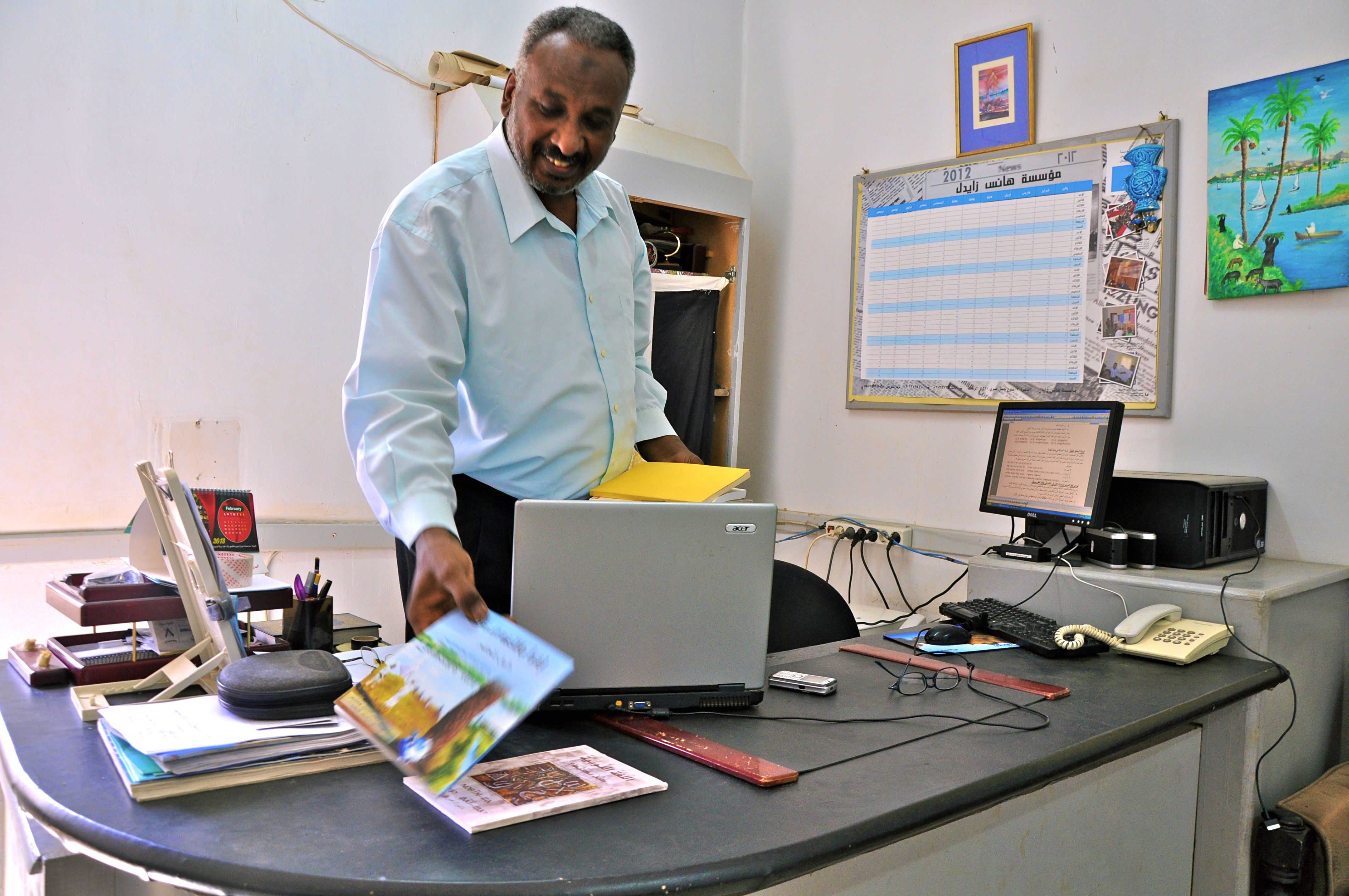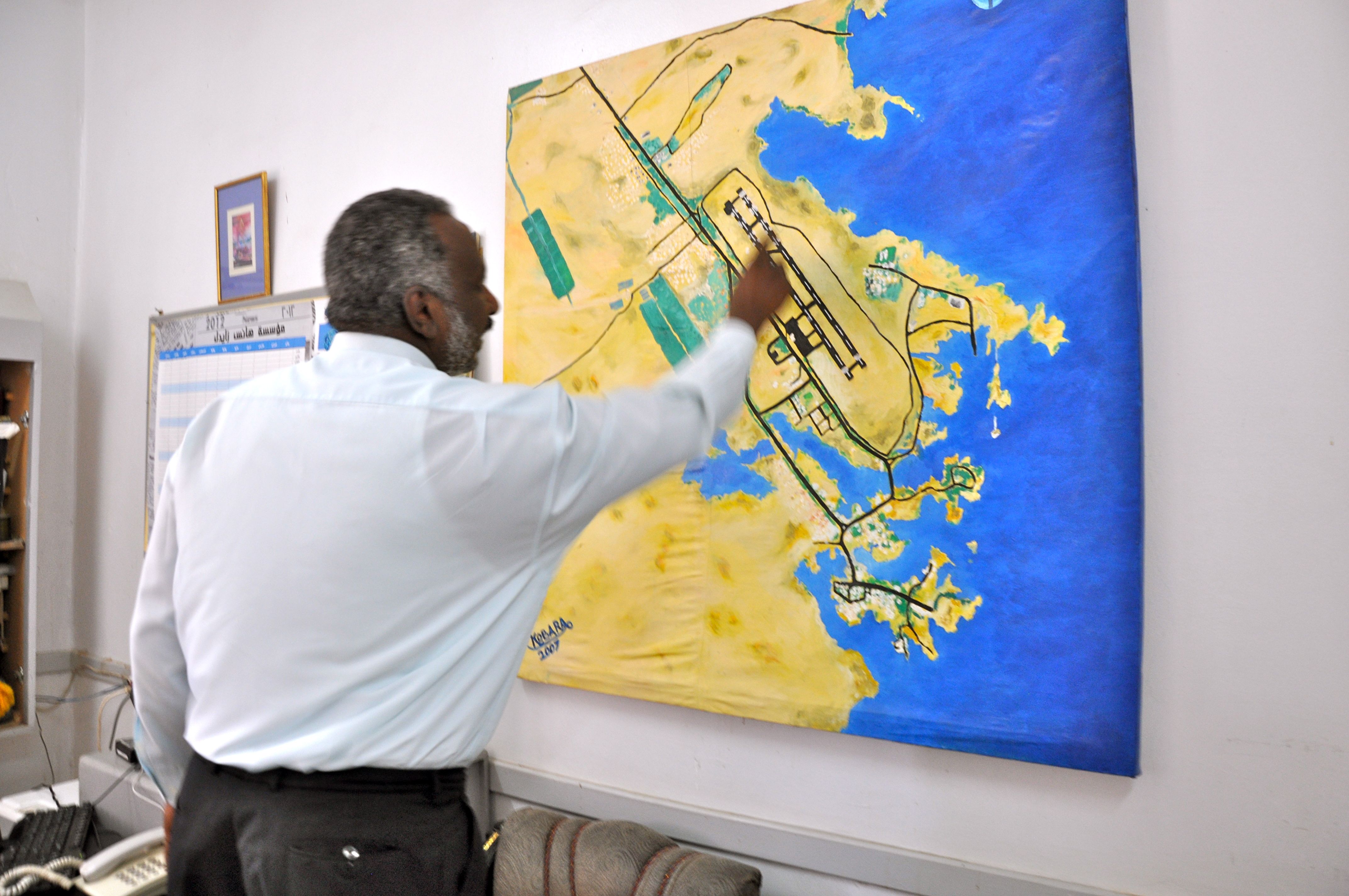Hussein Kobbara is known as one of the gentlest and calmest men in his village, but he walks with a fierce warrior’s gait. There’s simply no time to waste, he says. The clock is ticking and he’s on a mission to save an ancient language before it becomes extinct.
Egyptian Nubians are African descendants of one of the most ancient civilizations in the world. Nubian Egypt, which stretches about 200 miles from the Sudanese border north to the city of Aswan, still carries with it distinct customs and a language that is slowly fading out.
The Nubian story is one of displacement and heartbreak, a slow and long narrative of loss and disenfranchisement. In the 1960s, the Egyptian government submerged many Nubian villages to make way for the construction of the Aswan dam, displacing tens of thousands. Most Nubians cry that political leaders have failed them, never properly offering compensation for their lost land, let alone recognition of their existence in Egypt. The two million or so Egyptian Nubians are hardly represented politically, and their culture and history are rarely taught in Egyptian schools.
As the Nubian language dies out, Kobbara, a prolific writer, is working on a definitive Nubian language dictionary. His late brother began the project, and he's vowed to finish it.
"If a language dies, a culture dies," he said, sitting at his office and makeshift cultural center in Abu Simbel, down the street from the famed Abu Simbel temple, built in the 13th century B.C. by the Pharaoh Ramses II, and considered one of Egypt’s great archaeological sites. "It may not be our time to fight, but we can't wait….we must work."
Earlier this year, the Muslim Brotherhood's new minister of housing announced a "strategic vision" of development for the Nubian region, promising new housing units and infrastructure. Many are skeptical they'll see much change.
“The Nubian fight isn’t so much about land and houses,” said Fatma Eman, a Nubian activist based in Cairo. “It’s culture and identity that is almost being cancelled.”
With the country barely slouching toward progress, some Nubians like Kobbara believe that now isn’t the optimal time to push for their rights, while others are trying to enthusiastically mobilize around core demands.
“Now all Egyptians are talking about their rights. This is good, but it’s chaotic and if we start listing our demands, we’ll get lost in the crowd,” he said. “We have to wait until the system calms down.”
Until then, Kobbara says he’ll be waiting in his sparsely decorated office, piecing together not just a dictionary, but a window into Egyptian heritage that’s rarely opened.



